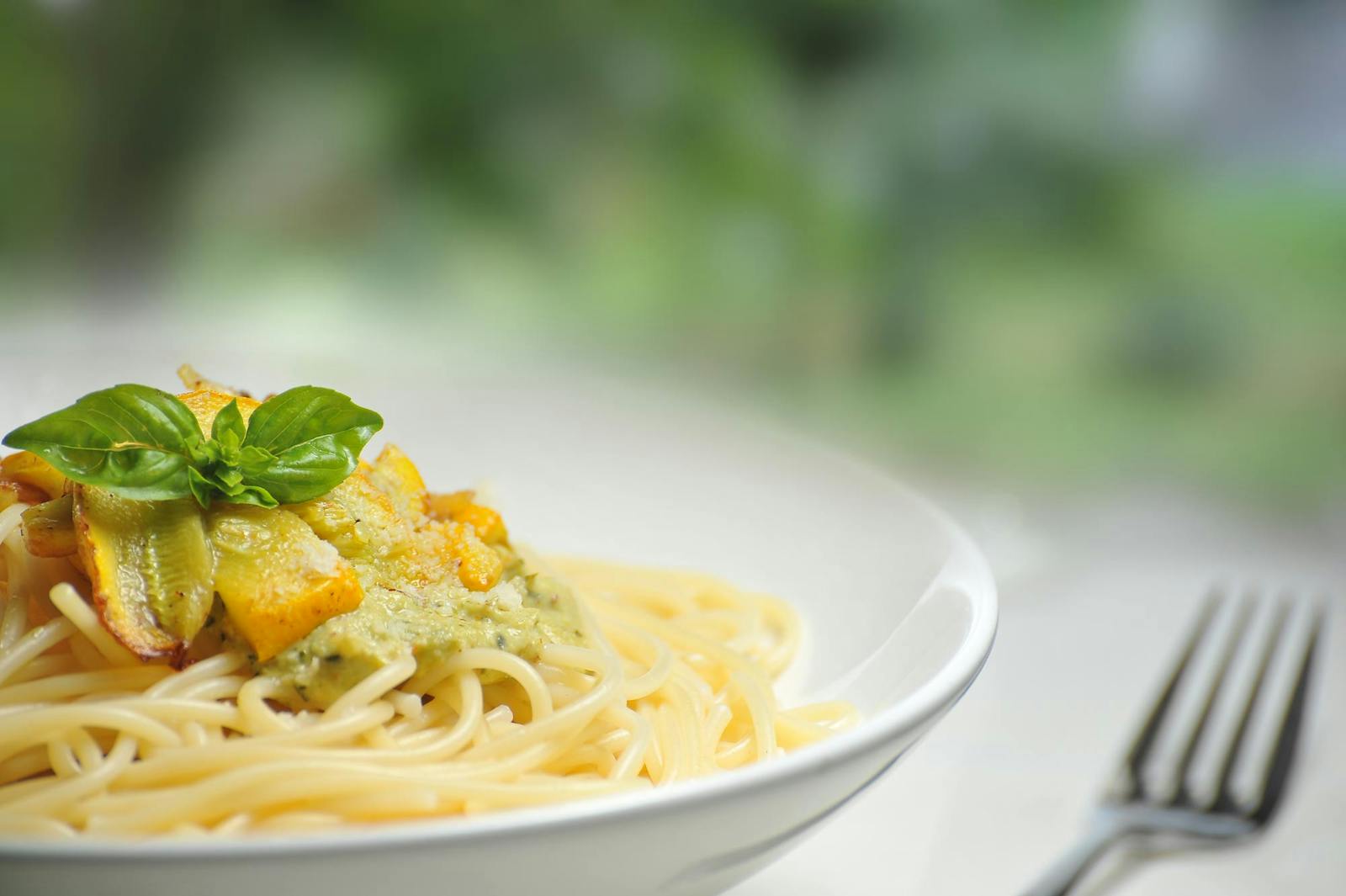Top paleo diet food list Secrets
Wiki Article

The Paleolithic diet is a widely-followed way of eating that focuses on consuming whole foods that our ancestors survived on paleo diet rules thousands of years ago. Avoiding modern processed foods, the Paleo diet provides an opportunity to boost health and prevent chronic illness.
What is the Paleo Diet?
The Caveman diet is based on the concept that our genetics are adapted for eating the types of foods our prehistoric humans ate during the Paleolithic era, which spanned from roughly 2.5 million to 10,000 years ago. This eating plan includes:
- Lean meats (ideally grass-fed or wild-caught)
- Fresh vegetables and fruits
- Natural fats from seeds and nuts
- Healthy fats, such as olive oil
Conversely, the diet avoids modern refined foods that have been introduced in the last few generations, including:
- Cereals
- Milk and cheese
- Artificial sweeteners
- Pulses
Advantages of Eating Paleo
The Paleo diet offers a number of advantages that can improve health. Here are some of the most notable benefits:
- Weight loss: Thanks to its emphasis on whole foods and cutting out junk foods, the Paleo diet can help lose weight and keep the weight off.
- Better gut health: As the plan eliminates grains, dairy, and legumes, many people experience less bloating and discomfort, particularly for those who struggle with these foods.
- Boosted energy: People who embrace the Paleo lifestyle report improved energy, as unprocessed, nutrient-packed foods provide more stable energy release than sugar-laden foods.
- Decreased inflammation: Because of its focus on natural fats, the Paleo diet helps lower inflammatory markers, a key driver of many health conditions.
Beginning Your Paleo Journey
If you're interested in the Paleo diet, here are some tips to begin:
- Fill your kitchen with natural foods: Buy fresh vegetables, high-quality proteins, and nutrient-rich fats.
- Eliminate processed foods: Check your kitchen and get rid of anything loaded with preservatives like cookies, cereals, and sugary drinks.
- Plan your meals: Set yourself up for success by the Paleo diet by making meals in advance that focus on whole foods.
- Stay hydrated: Water is important in supporting good health. Make sure you’re getting plenty of water throughout the day.
- Tune in to your body: A great aspect of the Paleo diet is that you can eat when you're truly hungry—no need for calorie counting.
Conclusion
The Paleo diet delivers a natural approach to health by emphasizing foods that our ancestors thrived on. With the elimination of processed ingredients, it can support sustainable wellness, making it an ideal way to nourish yourself.
© - Copyright 2024
Report this wiki page